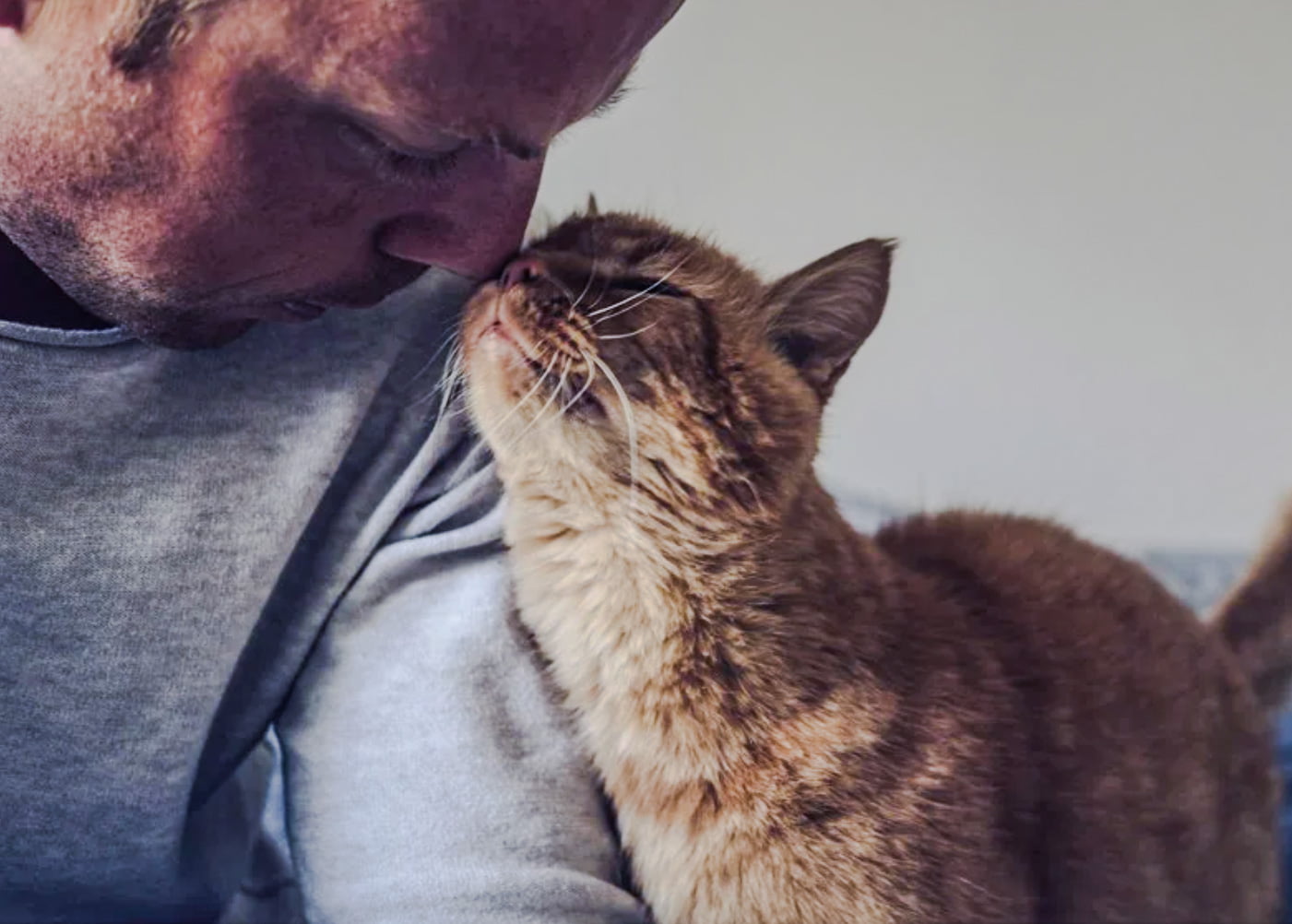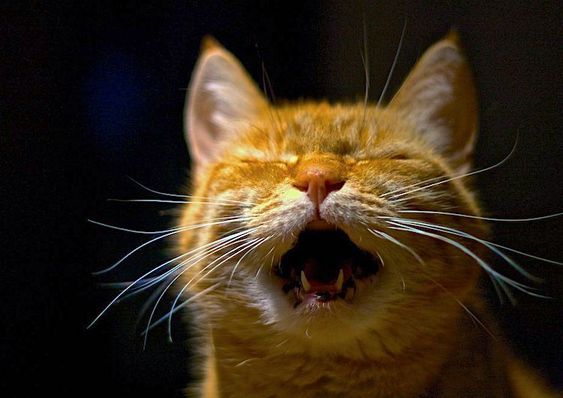Firstly, you got to be sure that your cat is anxious. You might be mistaken. But anxious cats tend to vocalise their anxiety through yowling at night or meowing. And they might find it difficult to settle down and therefore restlessness is a reasonable symptom of anxiety. Or a cat might hide to feel safe.
However, my gut feeling that if your cat is yowling at night due to separation anxiety and restless the most likely reason as far as I am concerned is that he or she is possibly suffering from early-stage dementia or what is also called cognitive dysfunction syndrome (CDS).

RELATED: Dementia symptom checker for domestic cats
THERE ARE SOME MORE ARTICLES ON DEMENTIA IN CATS AT THE BASE OF THE PAGE INCLUDING A POSSIBLE TREATMENT.
There may be confounding factors. But if a cat is alone as they will normally be when their owner is asleep at night, and if they suffer from cognitive dysfunction, they may become confused and upset. They might feel that they need their owner around them to reassure them. They seek attention. It depends upon the relationship of course but in a good, close relationship this may happen.
Whereas in the past they were able to deal with the hours while their owner slept and they were left alone, with their early-stage dementia they might forget the routines that have been built up before and therefore feel that their owner has suddenly abandoned them. Confusion is bound to cause anxiety.
There is an interesting issue here in any case with indoor/outdoor cats. They will likely go outside during the night while their owner sleeps. Suddenly the cat is left alone to their own devices. They have no access to their owner for several hours. This might cause a little bit of uncertainty in a cat even if they are cognitively able. And it is also why domestic cats wake up their owner at four in the morning. They want them around. They want their owner to participate and interact with them. I wonder sometimes if cats understand that we are asleep.
When you add that inherent minor dysfunctionality in the cat-human relationship because cats are crepuscular and humans are not, to a cat in cognitive decline you’re going to get anxiety.

This is the main reason. There may be other medical issues or behavioural issues which perhaps become more apparent at night when the cat’s owner is asleep.
And if a cat is a full-time indoor cat and their owner goes to work all day, they won’t be aware of the fact that their cat is anxious and quite possibly suffering from separation anxiety throughout the time that they are away.
Perhaps the underpinning issue here is that in a proper cat-human relationship there is a close bond and if the human is no longer around for a number of hours their cat will recognise this and want to meet up again. So, the anxiety at night time may well be there whether the cat is mentally able or disabled in some way.
Perhaps the first thing to do is to assess whether your cat is suffering from cognitive dysfunction due to early-stage dementia. A veterinarian will obviously help. The signs will be apparent at other times such as a lack of interest in playing, disorientation or confusion, perhaps a loss of interest in food and water, changes in sleep patterns and sleeping too much and also perhaps inappropriate elimination. They may also lose interest in playing and become disorientated. Very clearly, if your cat demonstrates any of these signs then you’ll probably know why she is anxious at night.
Below are some more articles on dementia in cats.

